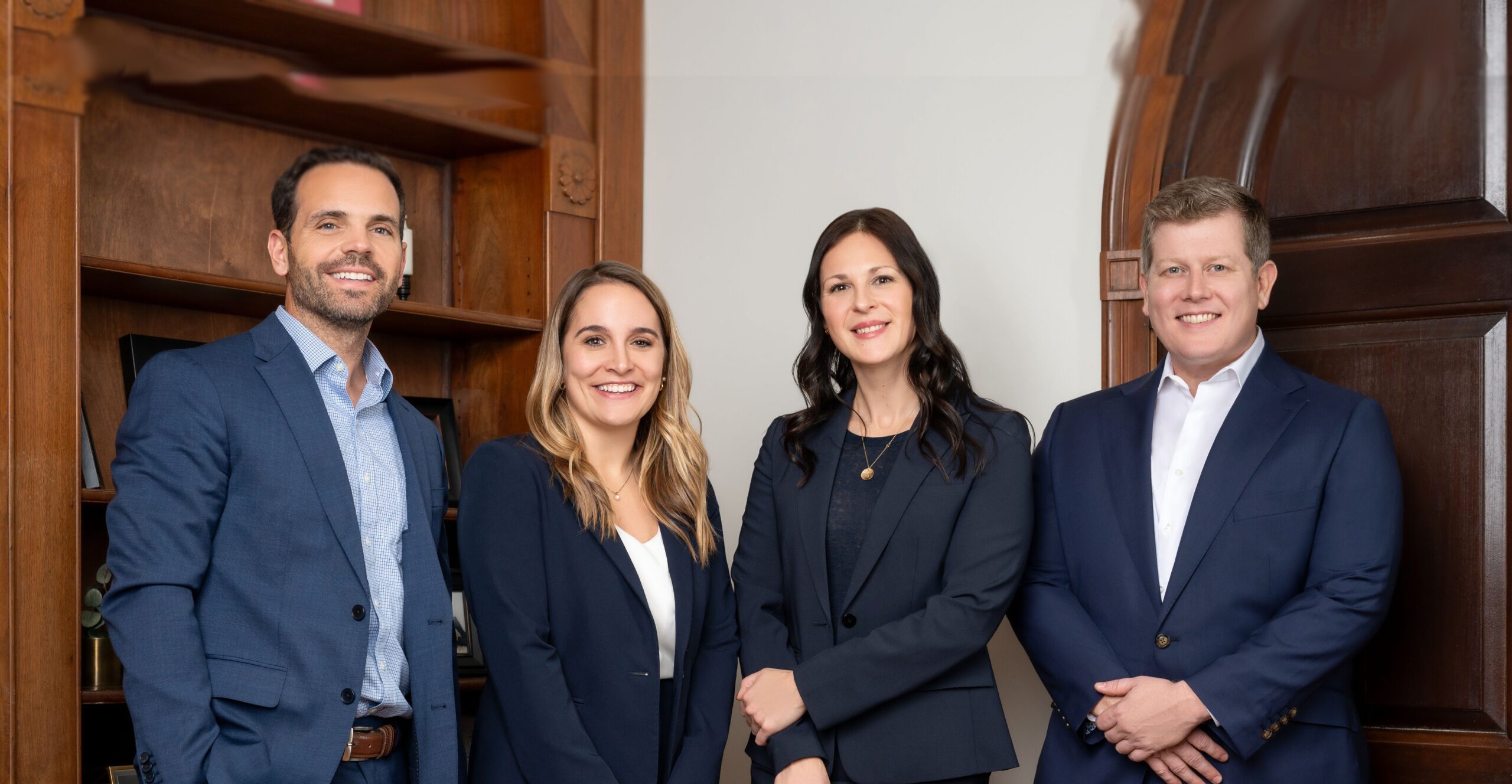It has been a struggle for sexual abuse victims in the Orthodox Jewish community to find justice.
Though it hasn’t received nearly the attention that the same issue has in the Catholic Church, a pattern of sexual abuse – and a lack of justice for the victims of that abuse – has been present in the Orthodox Jewish community for years. Enclaves of Orthodox congregants around the country, including sizable ones in Baltimore, New York and Miami, have long denied that such a problem even exists, with many people thinking that such allegations are rumors made up to discredit the church or individual leaders within it. The victims, however, are real, and they are numerous.
Because of the shroud of secrecy, the taboo nature of the topic, and the difficulty in getting victims to come forward, there is no hard data regarding the number of potential abuse victims in the Orthodox Jewish community. There could easily be thousands of victims with abuse dating back decades, though.
Why Is Abuse Prevalent Among The Orthodox Faithful?
Sadly, sexual abuse among vulnerable children, teens and young adults is in no way limited to the Jewish community, but it is uniquely pervasive amongst Orthodox Jews for several reasons.
First, the insular nature of Jewish law and dogma, particularly the concept of mesirah, forbids reporting a Jewish practitioner to outside (i.e., secular) authorities. Instead, issues are supposed to be handled internally within the greater church community. Of course, the problem that often arises is that church, school or neighborhood leaders themselves are the ones perpetuating the abuse, so they are tasked with policing themselves. Some rabbinical courts have held that mesirah should not apply in cases where there is evidence of abuse, but the concept is entrenched in Orthodox culture and still practiced by many.
Second, is the issue of lashon hora, negative speech that harms another person. This type of speech is considered a sin amongst Orthodox congregants. This concept puts sexual abuse victims between a proverbial rock and a hard place; to tell the truth about their abuse means portraying someone else, their abuser, in a very negative light, something that their faith tells them is sinful. People wishing to downplay abuse could use the concept of lashon hora as a way to get the victim to recant.
Another Orthodox tenet that makes it difficult to end abuse within the community is that of chillul hashem, or desecrating God. Many people see rabbis and other community leaders as the physical embodiment of God’s teachings here on Earth. To accuse a rabbi of such heinous acts, it is sometimes argued, is akin to an indictment of the faith itself.
Though sexual abuse of the young and vulnerable is by no means unique to the Orthodox Jewish community, victims of this group often feel alone and cast out if they come forward. It is important to note, however, that sexual abuse is never acceptable, regardless of the religion, authority or title of the person perpetrating it. Even if the statute of limitations for criminal justice has passed, it might still be possible to hold an abuser accountable through the civil court system.
If you or someone you love was abused by someone in the Orthodox Jewish community, speak with a compassionate and skilled attorney at the law office of Andreozzi and Associates, Attorneys at Law. Call the firm toll free at 866-311-8640, or send them an email to schedule a confidential consultation.


 e-Mail Us Now
e-Mail Us Now
